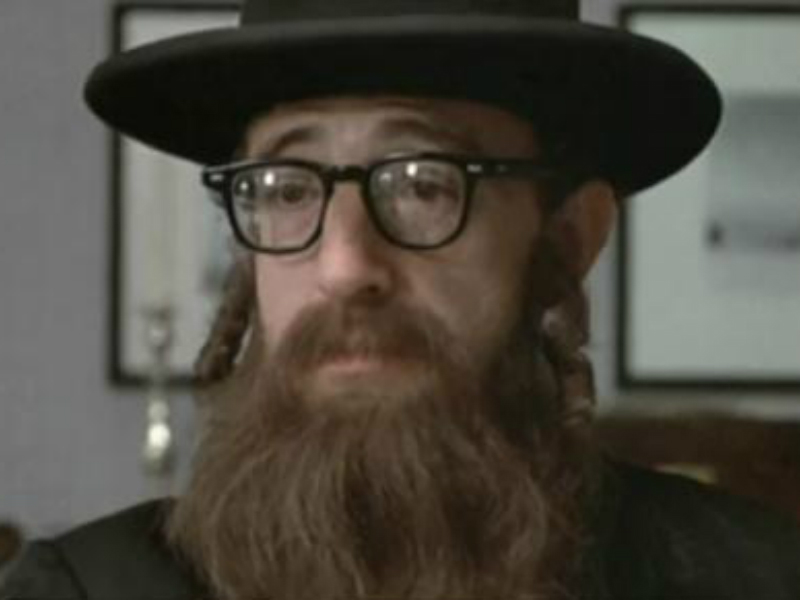Some 40 years ago, I was invited to address a session at the annual convention of the Central Conference of American Rabbis (CCAR). My brief was to tell American Reform rabbis how their colleagues in Britain dealt with matters of Jewish status that sought to combine fidelity to Jewish law with the principles of Reform Judaism.
I don’t recall ever having made a speech that got a more hostile reception. The audience was outraged by my opposition to accommodating mixed marriages. Many of my American colleagues officiated at marriage ceremonies between Jews and non-Jews, even with non-Jewish clergy. And a few years later, the CCAR formally recognized a person born to a Jewish father as having the same status as the offspring of a Jewish mother.
When I came to Holy Blossom Temple in Toronto, I joined the CCAR and attended its conventions. At times, I felt as though my Reform colleagues saw me the way Woody Allen saw himself in Annie Hall when he was visiting the parents of his non-Jewish girlfriend: dressed in haredi garb with long payot under a large black hat.
But I also got to know several Reform rabbis who wouldn’t officiate at mixed marriages. We met periodically to encourage and support each other.
Now, things seem to be changing. A few weeks ago, Rabbi Micah Streiffer, the spiritual leader of a Reform congregation in the Greater Toronto Area, wrote movingly in this paper about non-Jewish spouses who belong to the congregation he serves and how they and their children are being integrated into the community.
He wrote persuasively that “it is not a straight line from intermarriage to assimilation.” He told readers that “instead of merely tolerating (at best) intermarried families, we would be better served by seeing the opportunities they present as an integral part of the community.” His stated aim is to prevent assimilation, or at least lessen its devastating impact, by seeking to welcome intermarried families into the Jewish fold.
READ: MARMUR: AN UNFORGETTABLE HOMECOMING
A week earlier, also writing in The CJN, David Weinfeld quoted Conservative Rabbi Michael Knopf of Temple Beth-El in Richmond, Va., who said that, “Conservative rabbis should be allowed to officiate at interfaith weddings, provided they are the sole officiant, the wedding ceremony is exclusively Jewish and the couple promises to keep a Jewish home and raise Jewish children.”
This goes further than what’s currently allowed under Conservative Judaism, even after the Conservative Rabbinic Assembly recently started allowing its members to attend mixed-marriage ceremonies. Though they’re not permitted to officiate, one wonders whether some may find a way of blessing such couples, perhaps in private.
Both Reform and Conservative rabbis are seeking to speak to Jews who feel integrated into the society in which they live and, despite their stated fidelity to Judaism, seem to have disregarded the Jewish laws that regulates Jewish status. Intermarriage is, alas, not uncommon among many members of their congregations who nevertheless want their children and grandchildren to stay Jewish. Many Reform rabbis and a growing number of their Conservative colleagues are trying to meet this challenge by disregarding Jewish law for the sake of Jewish continuity.
I’ve often asked myself if I would have been among them had I still been in office. Though I’m glad not to have to answer that question now, I surmise that I might have come to share the opinions of the rabbis cited, not to yield to assimilation, but in the hopes of saving Judaism by ensuring that our numbers remain strong.
I might have had the same second thoughts had I stayed in Britain. Earlier this month, a graduate of the same rabbinic school that trained me rhetorically asked the readers of the London Jewish Chronicle if the descendants of a Jewish father “were good enough for Hitler to murder as Jews … why would we want to deny them their Jewishness?”
